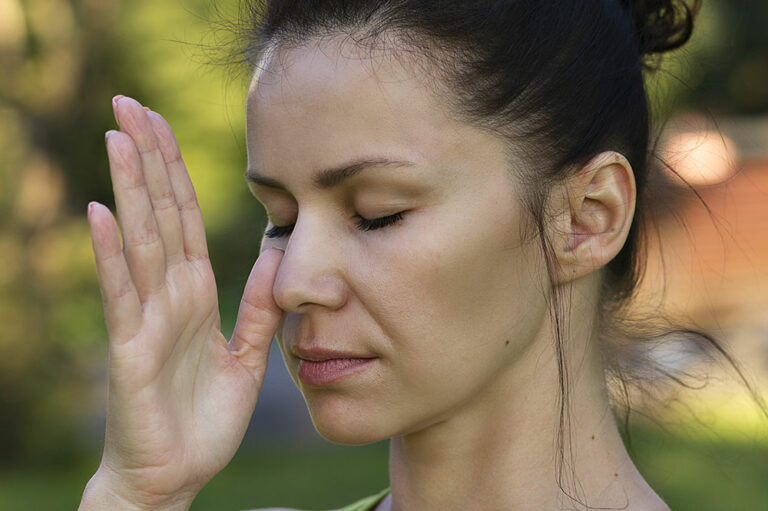
health
12 tips to help resist tobacco cravings
Tobacco consumption is associated with several health problems, including oral cancer, emphysema, heart disease, and stroke. Approximately 28.3 million adults nationwide smoke cigarettes, the most common form of tobacco use globally. With increasing awareness of its harmful effects, many individuals are taking active measures to quit tobacco. However, abstaining from it can pose several challenges, particularly during the initial phase. So, here are some ways to manage tobacco cravings after quitting it: Delay gratification The concept of “id, ego, and superego” by Sigmund Freud can help one understand this strategy better. According to Freud, the id is the primitive part of the mind that functions by the “pleasure principle,” driving one to fulfill primitive urges, including the urge to have tobacco-based products. On the other hand, the superego functions by the “morality principle,” seeking to restrain one from consuming tobacco. The ego balances these two aspects of the mind and is driven by the “reality principle.” Individuals trying to resist tobacco cravings should focus on the “ego” aspect of the mind, resisting the urge and telling themselves to wait for ten more minutes before giving in to the temptation. Within these 10 minutes, one should try finding other activities to distract themselves, delaying the urge further.














